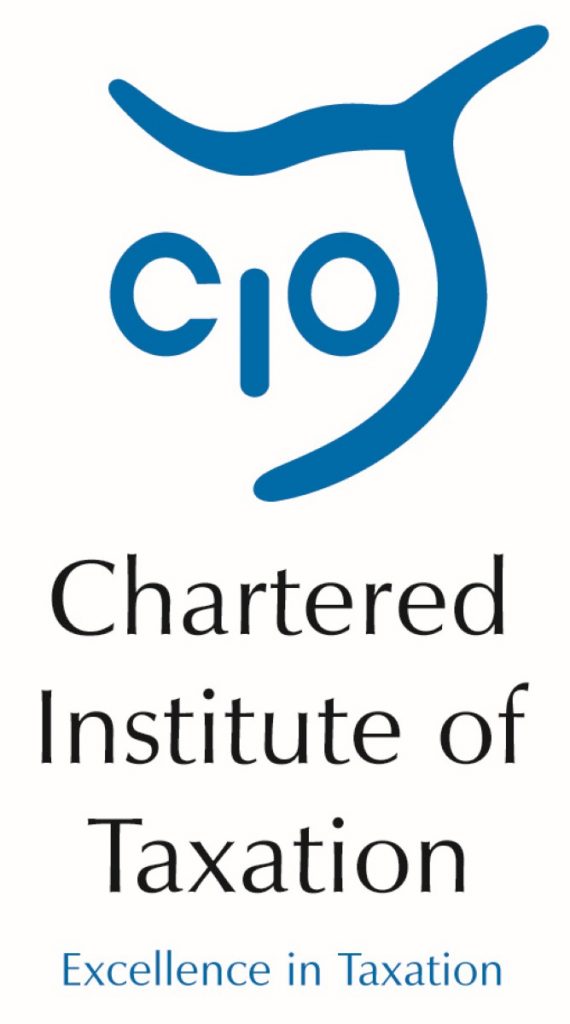Tax campaigners have warned that the abolition of Class 2 National Insurance contributions from April 2018 (which the Government has now confirmed will go ahead) will result in the lowest earners among the self-employed potentially paying five times more than they do now to secure entitlement to a state retirement pension.
At present, self-employed earners whose profits exceed £5,965 a year (the small profits threshold) are required to pay Class 2 NI contributions at £2.85 a week, which count towards their state retirement pension and entitlement to certain other contributory benefits. If their profits fall below the small profits threshold, they are currently able to opt into paying Class 2.
From April 2018, when Class 2 is abolished, payment of Class 4 NI contributions will count towards state benefits. In order to protect some on low incomes, Class 4 contributions will not be payable until annual profits reach £8,060 but as long as profits exceed the small profits threshold, the self-employed will be given Class 4 credits – in other words they will be treated as making contributions even though none was actually paid. This places them in a similar position to employees on low incomes who receive NI credits.
Class 4 NI cannot be paid on a voluntary basis, though, meaning that the only way that self-employed people on profits below the Class 4 threshold will be able to build up a contribution record will be by paying Class 3 voluntary contributions at £14.10 a week.
Anthony Thomas, Chairman of LITRG, said:
“Some parts of these proposals are good news for self-employed workers on low earnings, but by no means all. Those with profits between £5,965 and £8,060 will be better off because they will pay no NI but be credited with contributions. Our concern is for those with lower earnings than £5,965 who would have to pay voluntary Class 3 contributions in the future to protect their benefits entitlement if they did not obtain NI credits through receipt of other benefits, for example tax credits, child benefit or Universal Credit. Class 3 contributions will cost almost five times the amount they are paying now (£14.10 per week compared to £2.85 per week) and may mean the cost is unaffordable, leading them to rely more on means-tested benefits in the future.”
Some structural changes are to be made to enable self-employed people to claim Maternity Allowance at the standard rate: currently they have to pay Class 2 NI contributions, but they will be required to pay three Class 3 NI contributions (currently £42.30 in total) to access the standard rate of the allowance. These Class 3 NI contributions will be able to be offset against their ultimate Class 4 NI liability for the year.
Anthony Thomas continued:
“Maternity allowance is a vital benefit for mothers-to-be who are self-employed and we welcome the Government’s proposal to set the cost of qualifying contributions against Class 4 liabilities. This does of course mean that something else will have to be done for those on the lowest earnings who do not pay Class 4 and we urge the Government to make it as easy as possible for them to qualify.”
Notes for editors
Low Incomes Tax Reform Group
The LITRG is an initiative of the Chartered Institute of Taxation (CIOT) to give a voice to the unrepresented. Since 1998 LITRG has been working to improve the policy and processes of the tax, tax credits and associated welfare systems for the benefit of those on low incomes.
The CIOT is the leading professional body in the United Kingdom concerned solely with taxation. The CIOT is an educational charity, promoting education and study of the administration and practice of taxation. One of our key aims is to work for a better, more efficient, tax system for all affected by it – taxpayers, their advisers and the authorities. The CIOT’s work covers all aspects of taxation, including direct and indirect taxes and duties. The CIOT’s 17,600 members have the practising title of ‘Chartered Tax Adviser’ and the designatory letters ‘CTA’, to represent the leading tax qualification.
Contact: Hamant Verma, External Relations Officer, 0207 340 2702 HVerma@ciot.org.uk (Out of hours contact: George Crozier, 07740 477 374)





-01.png)